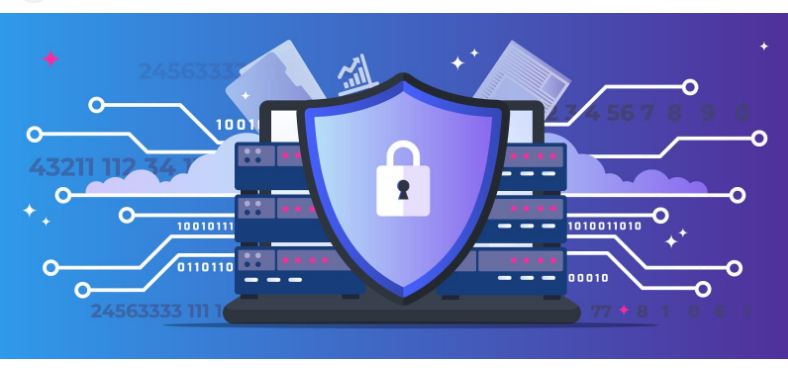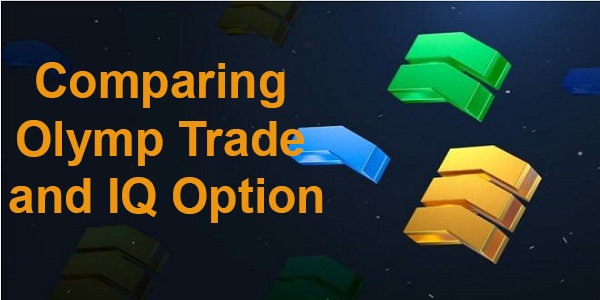Safeguarding the Future | Are you looking for the best Blockchain Security? This article delves into the fundamentals of blockchain security, key challenges, and innovative approaches to safeguarding decentralized systems. Read through.
Safeguarding the Future
Blockchain technology has emerged as a transformative force across various industries, promising unprecedented security, transparency, and decentralization.
At its core, blockchain relies on cryptographic techniques and consensus mechanisms to secure data and transactions. However, ensuring robust blockchain security remains imperative in the face of evolving cyber threats.
Fundamentals of Blockchain Security:
Blockchain security revolves around several key principles, including cryptographic hashing, consensus mechanisms, and decentralized governance.
Cryptographic Hashing:
Cryptographic hashing plays a pivotal role in securing blockchain transactions and data. Each block in the blockchain contains a cryptographic hash of the previous block, creating an immutable chain of blocks.
Hash functions such as SHA-256 generate unique fixed-size hashes for input data, ensuring data integrity and preventing tampering.
Consensus Mechanisms:
Consensus mechanisms enable distributed nodes to agree on the validity of transactions and maintain the integrity of the blockchain. Proof-of-Work (PoW), utilized by Bitcoin and Ethereum, relies on computational power to validate transactions and secure the network against attacks.
Proof-of-Stake (PoS), an alternative consensus mechanism, selects validators based on their stake in the network, offering energy efficiency and scalability benefits.
Decentralized Governance:
Decentralized governance models ensure that no single entity controls the blockchain network, enhancing security and resilience against censorship or manipulation.
Decisions regarding protocol upgrades, network parameters, and governance policies are typically made through consensus among network participants, fostering inclusivity and transparency.
Challenges in Blockchain Security:
Despite its inherent strengths, blockchain technology faces various security challenges that necessitate continuous innovation and vigilance.
51% Attacks:
In Proof-of-Work blockchain networks, 51% attacks occur when a single entity or group controls the majority of the network’s computational power. This enables the attacker to manipulate transaction history, double-spend coins, or disrupt network operations.
Implementing robust security measures and enhancing network decentralization can mitigate the risk of 51% attacks.
Smart Contract Vulnerabilities:
Smart contracts, self-executing contracts with coded terms, are vulnerable to coding errors, exploits, and security vulnerabilities.
Incidents such as the DAO hack underscore the importance of conducting thorough code audits, implementing secure coding practices, and utilizing formal verification techniques to identify and mitigate smart contract vulnerabilities.
Privacy Concerns:
While blockchain transactions are pseudonymous and transparent, ensuring user privacy remains a challenge. Analyzing transaction patterns and blockchain data can potentially deanonymize users and expose sensitive information.
Privacy-enhancing technologies such as zero-knowledge proofs, ring signatures, and stealth addresses aim to address these concerns by obfuscating transaction details and preserving user privacy.
Innovative Approaches to Blockchain Security:
Addressing the evolving threat landscape requires innovative approaches and collaborative efforts across the blockchain ecosystem.
Multi-Signature Transactions:
Multi-signature (multisig) transactions require multiple private keys to authorize a transaction, enhancing security and mitigating the risk of unauthorized access or theft.
By distributing signing authority among multiple parties, multisig wallets offer increased resilience against single points of failure and insider attacks.
Immutable Audit Trails:
Blockchain’s immutable nature enables the creation of transparent and tamper-resistant audit trails for various applications, including supply chain management, identity verification, and regulatory compliance.
Immutable audit trails provide verifiable proof of data integrity, facilitating trust and accountability in decentralized systems.
Decentralized Identity Management:
Decentralized identity management solutions leverage blockchain technology to empower individuals with greater control over their digital identities and personal data.
By enabling self-sovereign identity and selective disclosure of attributes, decentralized identity platforms enhance privacy, security, and user autonomy in the digital realm.
Conclusion:
Blockchain security is paramount in realizing the full potential of decentralized systems and fostering trust in digital transactions and interactions.
By leveraging cryptographic techniques, consensus mechanisms, and decentralized governance models, blockchain networks can enhance security, transparency, and resilience against cyber threats.
However, addressing the diverse challenges in blockchain security requires continuous innovation, collaboration, and adherence to best practices.
From mitigating 51% attacks and smart contract vulnerabilities to enhancing user privacy and identity management, the blockchain ecosystem must remain vigilant and proactive in safeguarding decentralized systems for the future.
Decentralized Finance (DeFi): Revolutionizing the Financial Landscape



